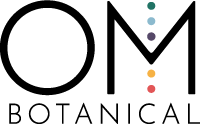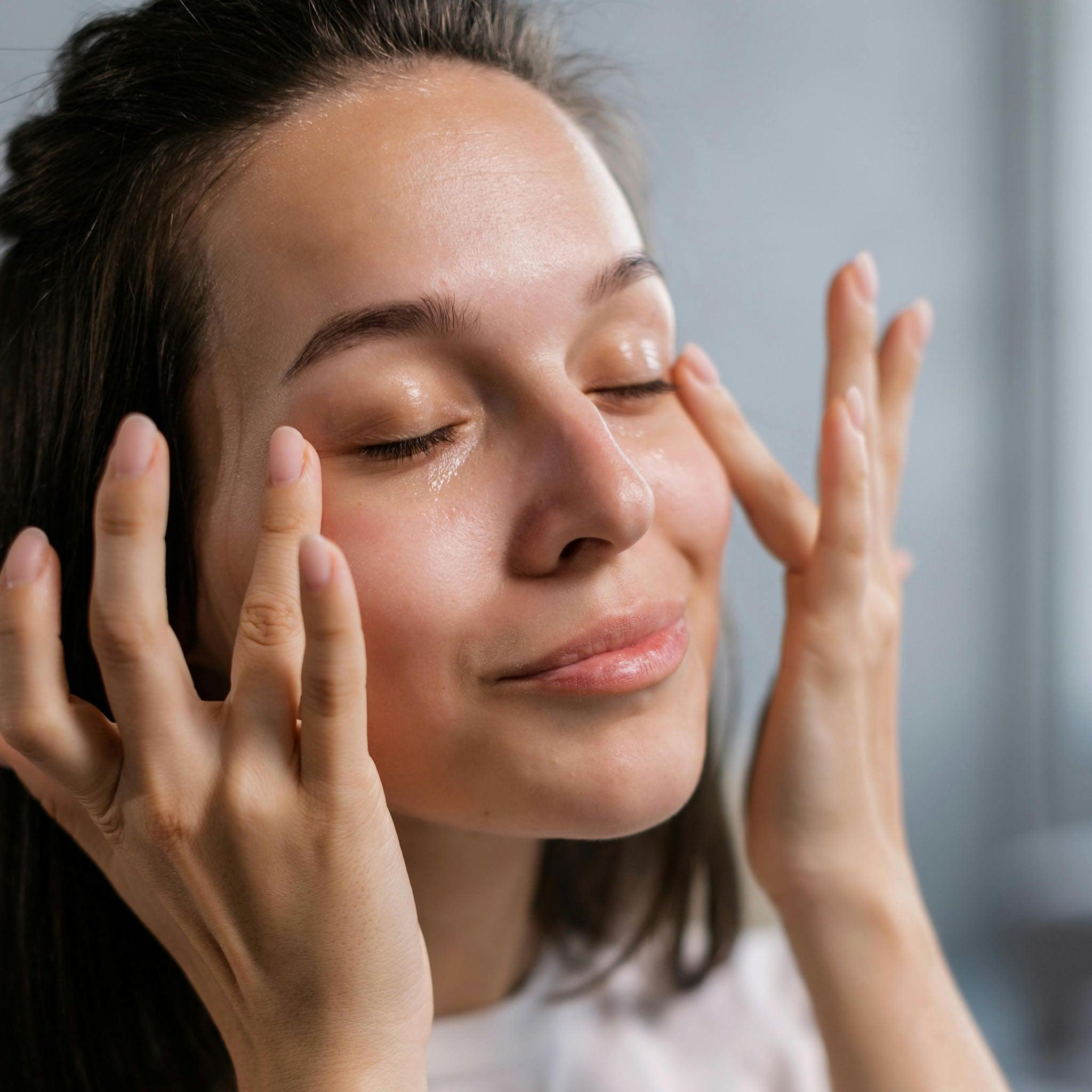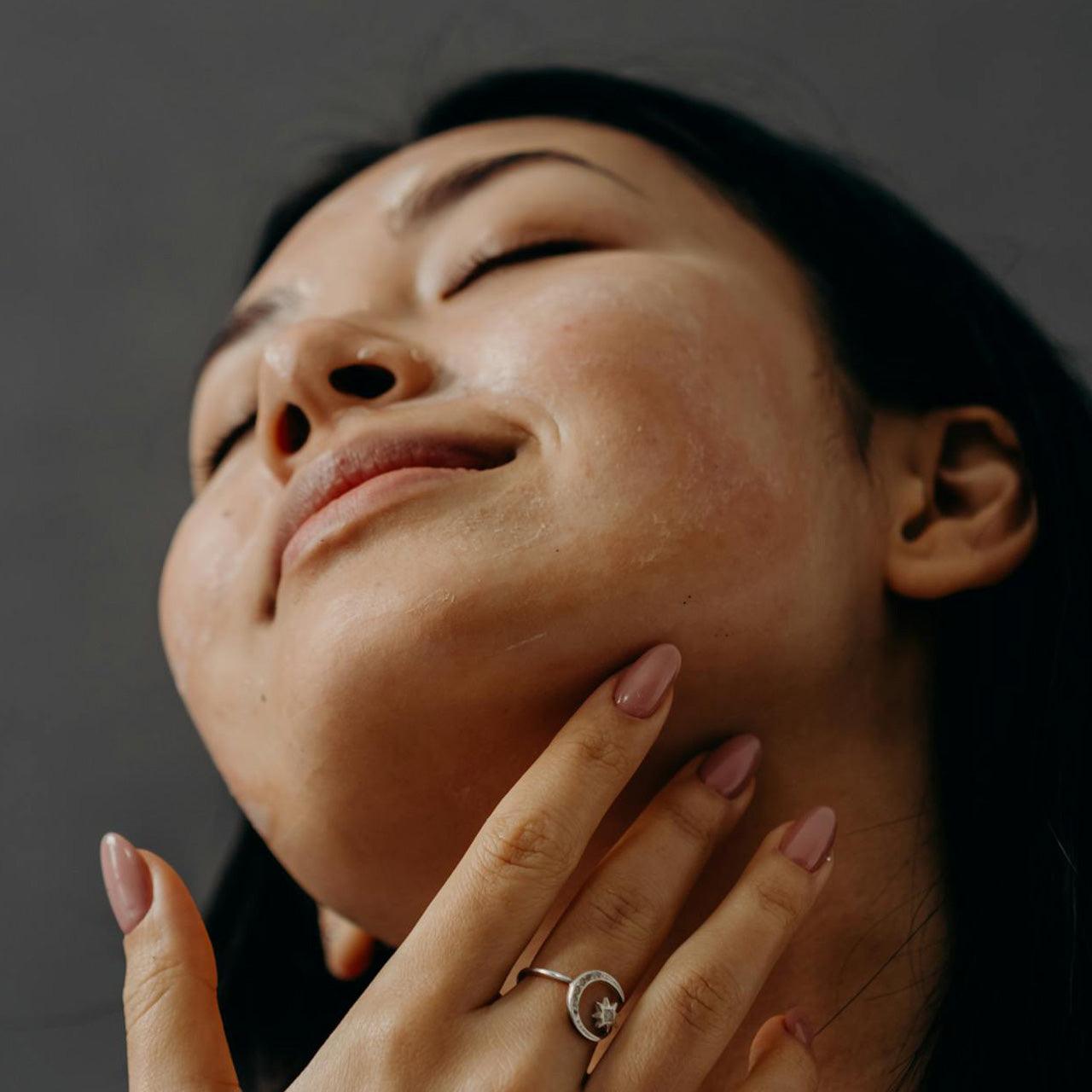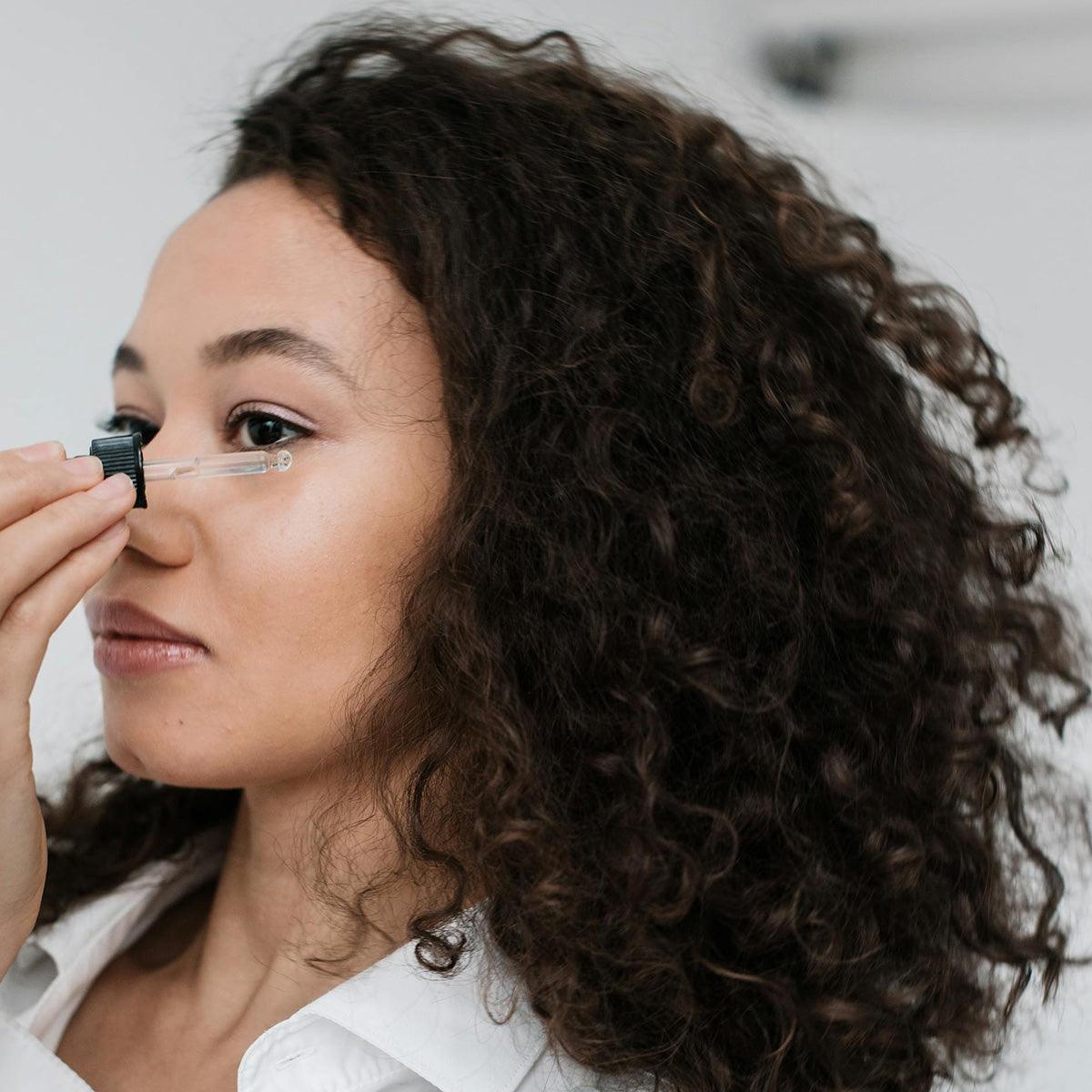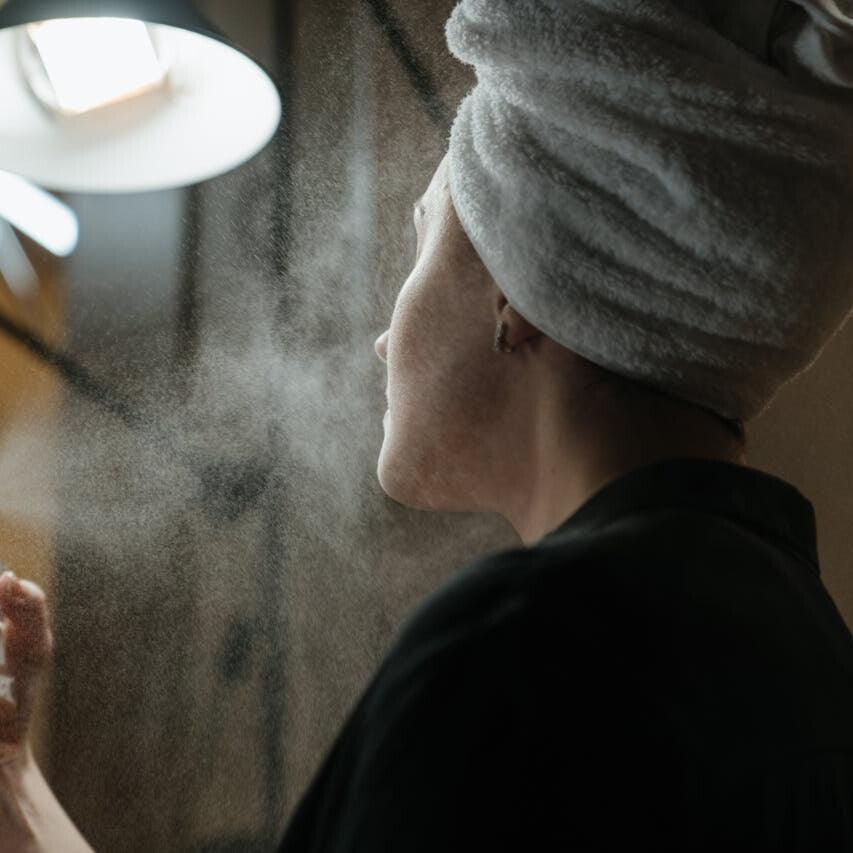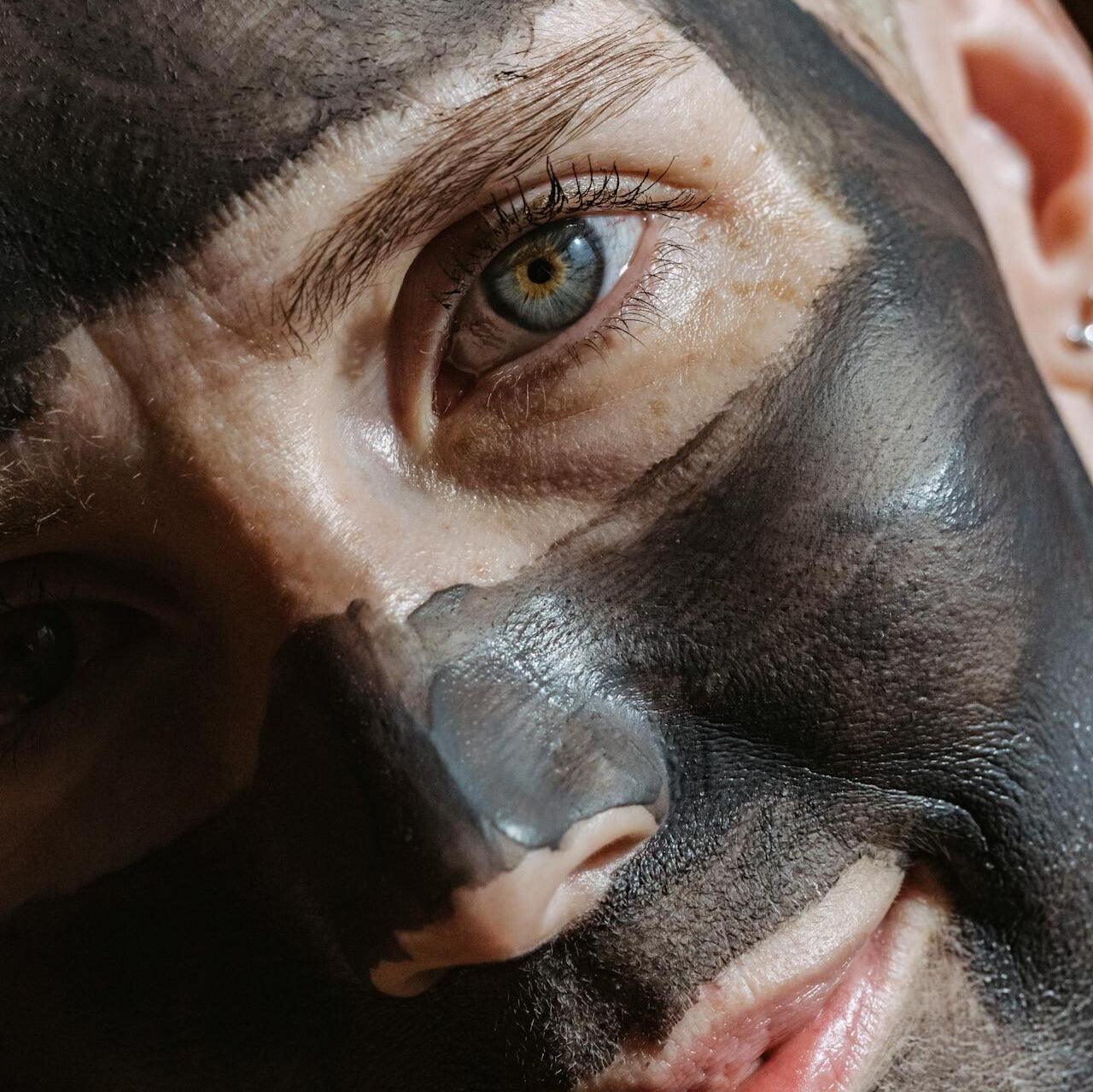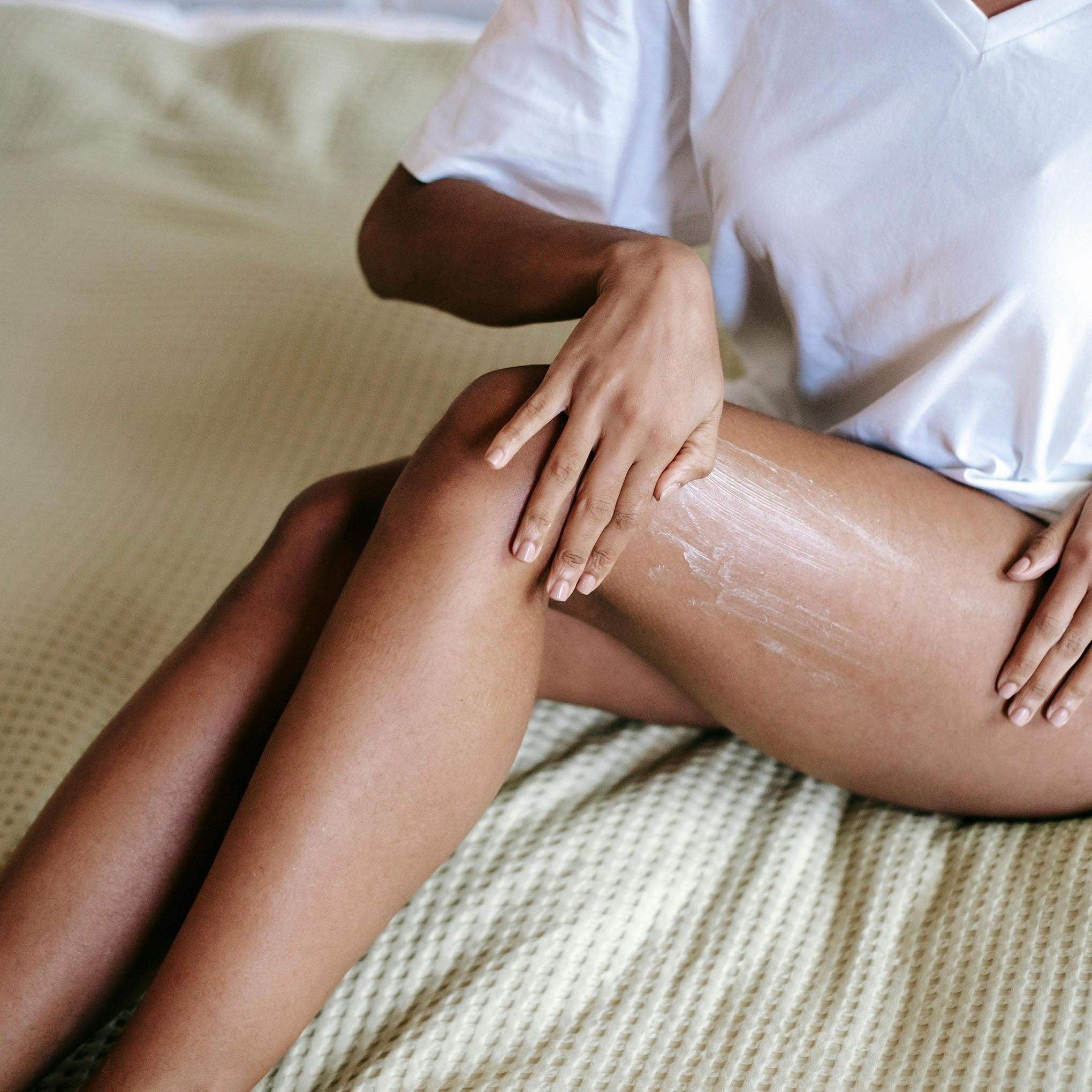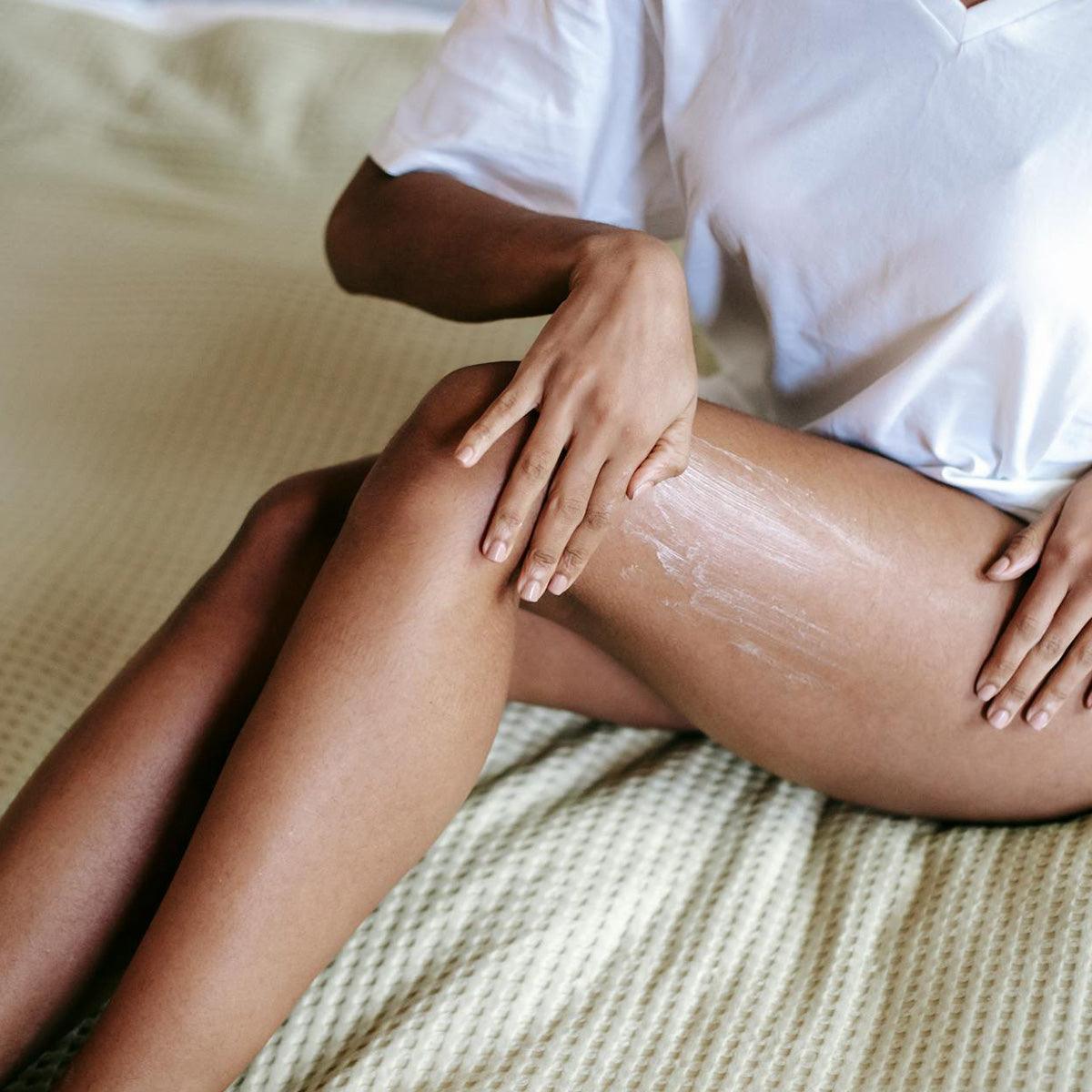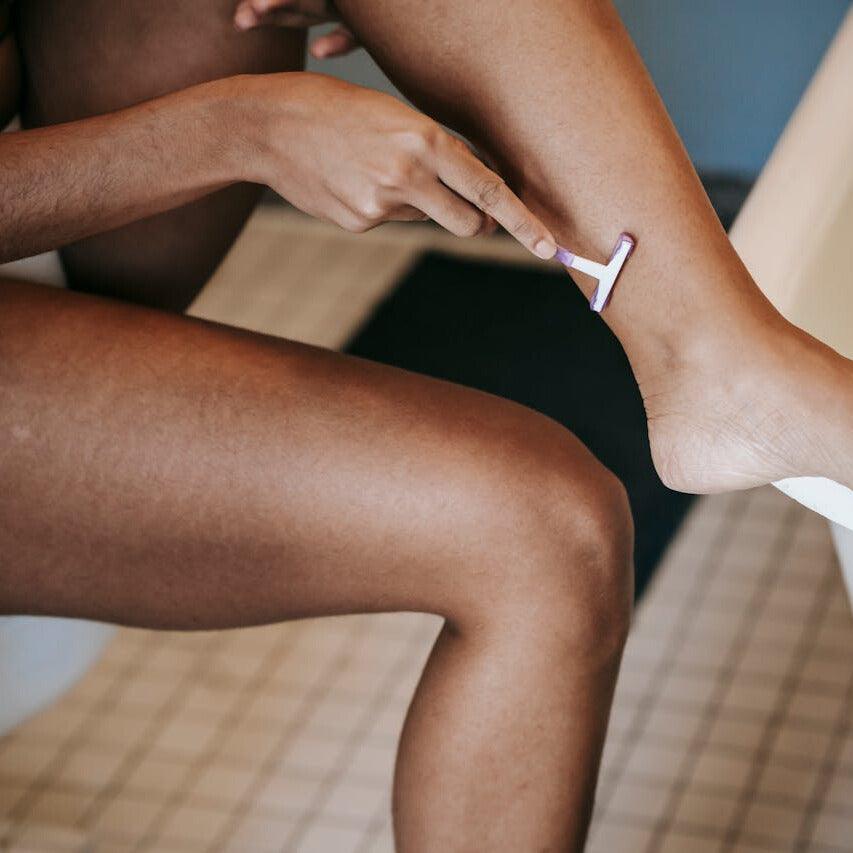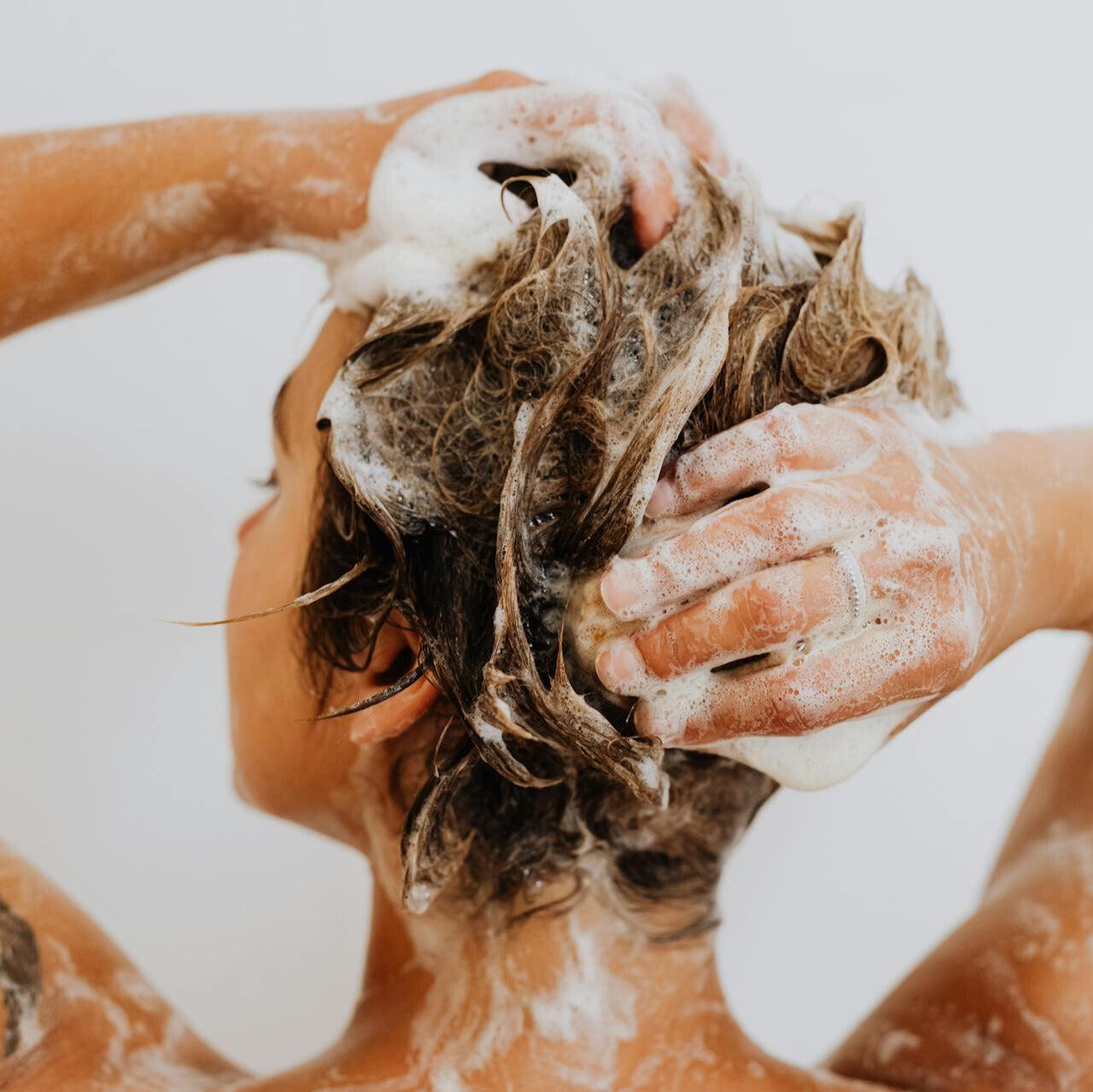Discover why plant-based preservatives are revolutionizing safe skincare. Learn the science, benefits, and top natural preservation methods for beauty products.
Introduction: Why Preservatives Are More Important Than You Think
You love your natural skincare products, right? They smell amazing, feel luxurious, and make you believe you’re giving your skin the purest care possible. But here’s a reality check: without preservatives, even the most organic face cream can become a petri dish of bacteria and mold in just a few days. Yikes!
Preservatives are not the enemy—they’re the silent heroes keeping your products safe and effective. The real question isn’t “Do we need preservatives?” (spoiler: yes, we absolutely do), but “Which preservatives are safest for you and the planet?”
For decades, synthetic preservatives dominated the beauty industry because they were cheap and effective. But as research links many of them to health concerns and environmental harm, consumers are demanding safer alternatives. Enter plant-based preservatives—nature’s answer to clean, effective, and eco-friendly preservation.
In this in-depth guide, we’ll explore:
- Why preservatives are non-negotiable in skincare
- The hidden dangers of synthetic preservatives
- The rise of plant-powered alternatives (and the science that makes them work)
- How to spot natural preservatives on labels
- And why brands like OM Botanical champion these alternatives for safe, high-performance skincare
Ready to decode the future of skincare safety? Let’s dive in.
Section 1: What Are Preservatives and Why Do We Need Them?
Preservatives are substances added to products to prevent microbial growth—think bacteria, yeast, and mold. When water is present in a formula (like in lotions, creams, serums), it becomes the perfect breeding ground for microorganisms. And trust us, you do NOT want that on your skin.
Why Not Just Skip Preservatives?
Without preservatives, most water-based products would spoil in less than a week. That means:
- Risk of infections: Applying contaminated cream to your face? Hello, breakouts, irritation, or even serious infections.
- Waste: Products would need refrigeration or constant replacement. Goodbye convenience.
- Loss of efficacy: Bacteria break down active ingredients, making your product useless.
So preservatives = essential for safety, stability, and performance. But here’s the catch: not all preservatives are created equal.
Section 2: The Dark Side of Synthetic Preservatives
For decades, brands have relied on synthetic preservatives like:
- Parabens (methylparaben, propylparaben)
- Phenoxyethanol
- Formaldehyde-releasing agents
- Isothiazolinones
Why? They’re cheap, effective, and extend shelf life dramatically. But studies have raised red flags:
- Hormonal Disruption: Parabens mimic estrogen and are linked to endocrine disruption.
- Skin Sensitization: Phenoxyethanol and isothiazolinones can cause allergic reactions and eczema flare-ups.
- Environmental Impact: Many synthetic preservatives are toxic to aquatic life and don’t biodegrade easily.
Consumers are becoming ingredient-savvy. Nobody wants hormone-mimicking chemicals in their moisturizer or pollutants in the ocean. This growing awareness paved the way for plant-based preservation systems—clean, safe, and sustainable.
Section 3: Rise of Plant-Based Preservatives – Nature to the Rescue
Here’s where it gets exciting: plants have always known how to protect themselves against microbes. Herbs, roots, and fermented botanicals contain compounds that naturally inhibit bacteria and mold.
Modern green chemistry is harnessing these natural compounds to create broad-spectrum, eco-friendly preservatives. These aren’t just “extracts sprinkled in for marketing”—they’re scientifically validated to keep your skincare safe.
Benefits of plant-based preservatives:
✔ Biodegradable & eco-safe
✔ Gentler on skin (no harsh synthetic chemicals)
✔ Support for sensitive skin (less irritation risk)
✔ Aligns with clean beauty standards
And yes, they actually work—when formulated correctly.
Section 4: Top Natural Preservatives in Skincare (and How They Work)
1. Leuconostoc/Radish Root Ferment Filtrate
-
What it is: A natural antimicrobial derived from fermenting radish roots with Leuconostoc kimchii (the same bacteria used in kimchi).
-
How it works: Produces peptides that inhibit microbial growth.
-
Benefits: Effective against bacteria and fungi, plus hydrates skin.
2. Fermented Lactobacillus & Coconut Extract
-
What it is: A probiotic-based preservative system using lactic acid bacteria.
-
How it works: Produces antimicrobial peptides and organic acids.
-
Benefits: Broad-spectrum protection, supports skin microbiome.
3. Neem & Holy Basil Extract
-
What they are: Ayurvedic powerhouses with strong antibacterial and antifungal properties.
-
How they work: Plant compounds like azadirachtin and eugenol naturally inhibit microbial growth.
4. Rosemary Extract (Antioxidant + Mild Preservative)
-
What it is: Derived from rosemary leaves, packed with rosmarinic acid.
-
Benefits: Extends shelf life by preventing oxidation, offers mild antimicrobial action.
OM Botanical uses a combination of these advanced natural preservation methods to ensure your skincare remains safe, fresh, and effective—without a single drop of synthetic chemicals.
Section 5: Are Natural Preservatives Effective and Safe? (The Science)
A common myth: “Natural preservatives don’t work as well.”
The truth: they do—when used correctly and tested for stability. Modern natural preservatives undergo:
- Challenge tests (introducing bacteria to ensure the formula resists contamination)
- pH optimization (some work best in specific ranges)
- Synergistic blends (often combined for full-spectrum protection)
Safety? Most plant-based systems are non-toxic, hypoallergenic, and eco-friendly—a win-win for your skin and the planet.
Section 6: OM Botanical’s Preservation Philosophy
At OM Botanical, we believe safety should never mean compromise. Our formulas are preserved using fermented radish root, neem, and holy basil—a synergistic system that keeps products stable, microbiome-friendly, and truly natural.
Why does this matter? Because natural skincare should be safe in every sense—safe from harmful microbes AND safe from harsh chemicals.
Section 7: How to Identify Truly Natural Preservatives on Labels
Want to be your own skincare detective? Flip the bottle and look for these terms:
✔ Leuconostoc/Radish Root Ferment Filtrate
✔ Lactobacillus Ferment
✔ Gluconolactone & Sodium Benzoate (in ECOCERT-approved blends)
✔ Plant Extracts with antimicrobial properties (neem, basil, rosemary)
Red flag: If a product claims “preservative-free” AND contains water… run. That’s either misleading or unsafe.
Section 8: FAQs About Natural Preservatives
Q: Do natural preservatives make products expire faster?
A: Shelf life may be shorter than synthetic-heavy formulas, but with proper formulation, you still get 12–24 months of safety.
Q: Are essential oils enough to preserve skincare?
A: No. While essential oils have antimicrobial properties, they’re not strong enough for full preservation.
Q: Do I need to refrigerate natural skincare?
A: Not if it’s properly preserved. High-quality natural brands test for stability without refrigeration.
Conclusion: The Future of Preservation Is Plant-Based
Preservatives aren’t optional—they’re essential for safe skincare. The real question is which preservatives you trust on your skin. With plant-based preservation systems, we now have a solution that’s effective, safe, and sustainable.
Brands like OM Botanical are leading the charge, proving that natural skincare can be microbiologically safe without a single drop of synthetic chemicals.
So next time you shop for clean beauty, remember: it’s not just about what’s in the product—but also what keeps it safe.
Want to Experience Truly Safe Skincare?
Explore OM Botanical’s 100% plant-based, microbiome-friendly formulations preserved with nature’s best antimicrobial systems. Because your skin deserves safety without compromise.
